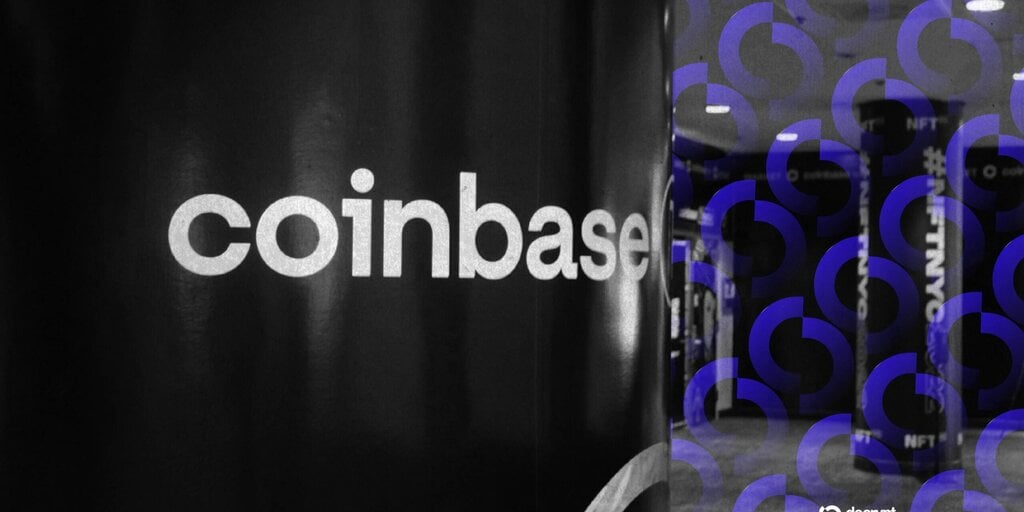OREGON COURT CASE: OREGON BLOCKS COINBASE’S EFFORT TO MOVE SEC LAWSUIT TO FEDERAL COURT
OREGON — The state of Oregon has asked a federal judge to send back its lawsuit against cryptocurrency exchange Coinbase, disputing Coinbase’s claim that the case should be under federal jurisdiction.
In a Tuesday filing, Oregon Attorney General Dan Rayfield’s office asked a federal judge to “remand” the case back to Multnomah County state court, where it was originally filed in April. Rayfield called Coinbase’s attempt to remove the case “a removal gambit.”
The lawsuit accuses Coinbase of promoting the unregistered sale of cryptocurrencies to Oregon residents, a practice considered securities in the state. Rayfield’s office stated: “This is a quintessential state law action that should be adjudicated by the state court in which the Attorney General filed it.”
The lawsuit notes that many plaintiffs may have claims too small to pursue individually due to Coinbase’s arbitration and class action waiver terms.
DISAGREEMENT ON SECURITIES DEFINITION
The core of the dispute lies in differing interpretations of what constitutes a “security,” a crucial classification for crypto assets.
While federal law relies on the “Howey Test,” Oregon uses the stricter “Pratt Test.” The Pratt Test, established in a 1976 Oregon Supreme Court case (“Pratt v. Kross”), is broader, making it easier for Oregon authorities to classify crypto assets as securities.
“Crypto firms would certainly try to avoid any interpretation on securities in state enforcement,” said legal partner Navodaya Singh Rajpurohit of Coinque Consulting. “This could lead to a chaotic situation where all 50 states could start an enforcement action based on their interpretation of securities.”
Coinbase removed the case to federal court in June, arguing “state law claims purportedly turn on a substantial question of federal law.” However, Oregon contends this is baseless because the Pratt Test is distinct from federal standards.
In response, Coinbase Chief Legal Officer Paul Grewal labeled the Oregon lawsuit “political theater,” suggesting Oregon is copying SEC actions from former regulator Gary Gensler’s tenure.
Rayfield’s motion also accuses Coinbase of knowingly facilitating crypto sales to Oregon residents considered securities. “Coinbase seeks to dismiss or quash this action,” the motion states, “despite this office having compelling evidence demonstrating Coinbase’s culpability, including its knowing facilitation of token sales.”
Oregon is seeking attorney fees and costs, claiming Coinbase’s move to federal court lacked a reasonable basis.
Legal experts agree the case highlights growing state efforts to fill perceived regulatory gaps left by the Trump administration’s reduced SEC crypto enforcement.
“State courts remain bound by their own Supreme Court precedents, meaning the Oregon District Court may have to interpret ‘investment contract’ as per Pratt vs Kross,” Rajpurohit explained. This divergence underscores the potential for regulatory fragmentation in the crypto space.












